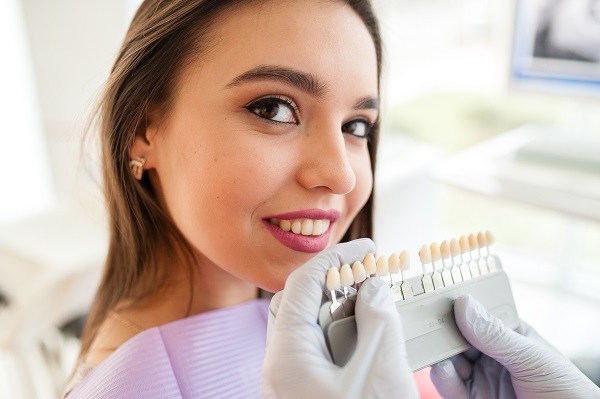
18 Oct Removed Wisdom Teeth? Methods for Avoiding Dry Socket – Are Dental Implants The Ideal Solution?
Many times more painful than the agony following tooth removal is a condition known as “dry socket,” which some people experience after having a tooth taken, particularly wisdom teeth. Although it can be treated, it is important to avoid dry socket in the first place. Dental implants might be for you if you have lost a teeth while wisdom teeth removal is a different procedure.
How do Dry Sockets work?
When an adult tooth is extracted, the exposed bone and/or nerve in the socket is the first sign of a dry socket. When a clot doesn’t form, which usually does, anything in your mouth, including food, liquids, and even air, can render the area sensitive and vulnerable to infection.
After a wisdom tooth is removed, there may be some little discomfort. However, it’s vital to call your dentist if you have severe pain, especially if it worsens or radiates to your ear or leaves a terrible taste in your mouth.
Methods for Avoiding Dry Socket
If you have a dry socket, you’re more likely to develop it.
• Extracted a wisdom tooth.
• Experienced previous dry sockets
• Use contraception
• Smoke
• Underwent a frightening extraction (due to an accident or infection)
• Have a track record of bad oral hygiene
• Use blood clotting-preventing medicine.
When you have a tooth pulled, make sure to follow your oral surgeon’s post-op instructions on how to avoid a dry socket as well as any oral antibiotics or antiseptic solutions that they may have advised. The following guidelines are probably going to be given: No spitting or rinsing for 24 hours, no drinking with a straw, no smoking for 72 hours, avoid hot foods and drinks, avoid crunchy foods (such as chips, almonds, and popcorn), avoid alcohol, and limit physical activity for 5-7 days.
Treatment for Dry Socket
Even though the dry socket is very rare, it does happen to 2-5% of patients. If you fall into one of these categories, your dentist is the ideal person to advise you on your course of treatment. Painkillers (over-the-counter or prescribed) Topical treatments Flushing/rinsing Avoiding smoking are a few examples of these.
Avoiding sugary beverages, avoiding straws, and maintaining good dental hygiene are all recommended.
Getting Rid Of Tooth Pain
We recently published a blog post regarding tooth pain and learned there are numerous causes of tooth pain. The solution to the pressing topic of how to stop tooth pain is to visit your dentist, which is a rather straightforward process.
Regular dental checkups are important for maintaining your overall health and are largely intended to be preventative care measures. However, if anything unexpected happens or you haven’t been practicing good oral hygiene, you might need to see your dentist right away.
However, avoiding dental pain is always preferable to treating it! Your dentist requests at least two visits from you each year because of this. These visits enable the early identification of potential issues.
- Avoid plaque accumulation that causes cavities.
- Before gingivitis worsens, take care of it.
- Address any issues you have, such as your bite, your teeth grinding, your dental hygiene routine, tooth decay, tooth sensitivity, and more.
- These are also helpful if you have recently undergone dental implant surgery.
- Give a chance to talk about common dental difficulties and cosmetic issues.
Contact Capture Life Dental Care right once if you require a tooth extraction or are concerned about symptoms of a dry socket after tooth extraction. Visit a dentist for perfect dental treatments such as root canal, teeth whitening, or dental implants in Hyderabad.
View this post on Instagram

